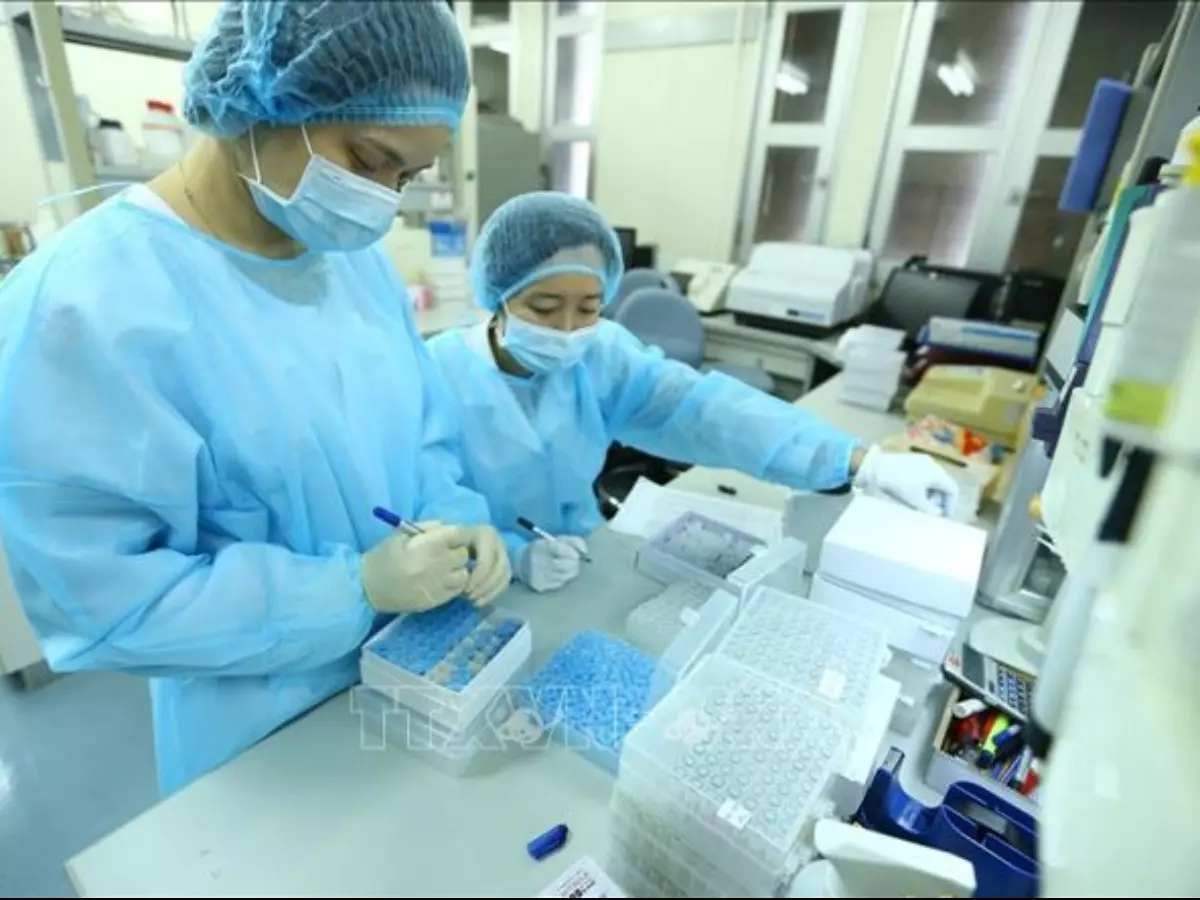After Russia's 'Sputnik V,' Pfizer's COVID-19 Vaccine Provokes Immune Response
The jab, of which the UK Government has ordered 30 million doses is now another promising candidate for the vaccine considered so crucial to stopping the COVID-19 virus.

A vaccine based on cutting-edge RNA gene technology showed promising potency against the new coronavirus. The pharmaceutical company named Pfizer passed safety and effectiveness tests in early clinical trials.
 Image For Representation/Twitter
Image For Representation/Twitter
The trials of the injection carried out by New York-based Pfizer and universities and hospitals in the US, have produced promising results.
The jab, of which the UK Government has ordered 30 million doses is now another promising candidate for the vaccine considered so crucial to stopping the COVID-19 virus.
Also Read: Bill Gates Spending $150 Million To Cut COVID-19 Vaccine Price To $3 Per Dose
The aim is to trick the immune system into thinking it is infected with the coronavirus, effectively training it how to fight it off without someone actually being sick, states the Mail Online report.
Pfizer's Covid-19 vaccine shows promising results in early study https://t.co/9dfwhUdfPk via @MailOnline
¡ª Vickey Brickle-Macky (@FanXstitch) August 12, 2020
The vaccine candidate¡ªfor now just called BNT162b1¡ª'elicited a robust immune response in participants, which increased with dose level and with a second dose,' according to a news release from the journal Nature, which published the trial data on Aug. 12.
 Image For Representation/Reuters
Image For Representation/Reuters
According to the journal, the shot was 'generally well-tolerated,' although some recipients did have some transitory side effects such as soreness at the injection site, fatigue, headache, fever and sleep woes. Those tended to clear up within a week of vaccination, the researchers said.
Also Read: Bill Gates Spending $150 Million To Cut COVID-19 Vaccine Price To $3 Per Dose
According to Medical Express, people who received the vaccine produced immune responses on par with ¨C or better than ¨C those who had actually had coronavirus in the past.
 Reuters
Reuters
Pfizer¡¯s attempt to make a vaccine, which it has called BNT162b1, is the latest in a line of hopeful trial results, with Britain¡¯s own vaccines made by Oxford University and Imperial College London also showing early signs of success in human testing.
Disclaimer: The information mentioned in the article is based on facts available in public domain. Indiatimes does not endorse any medication or vaccine for COVID-19. Any course of treatment should only be followed after consulting a medical expert.
